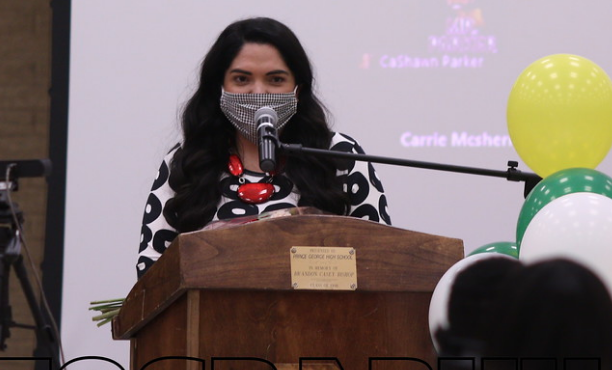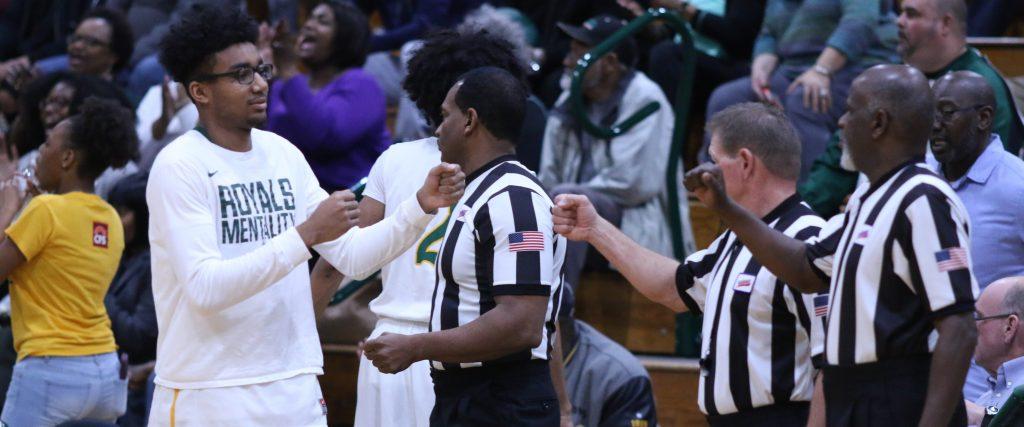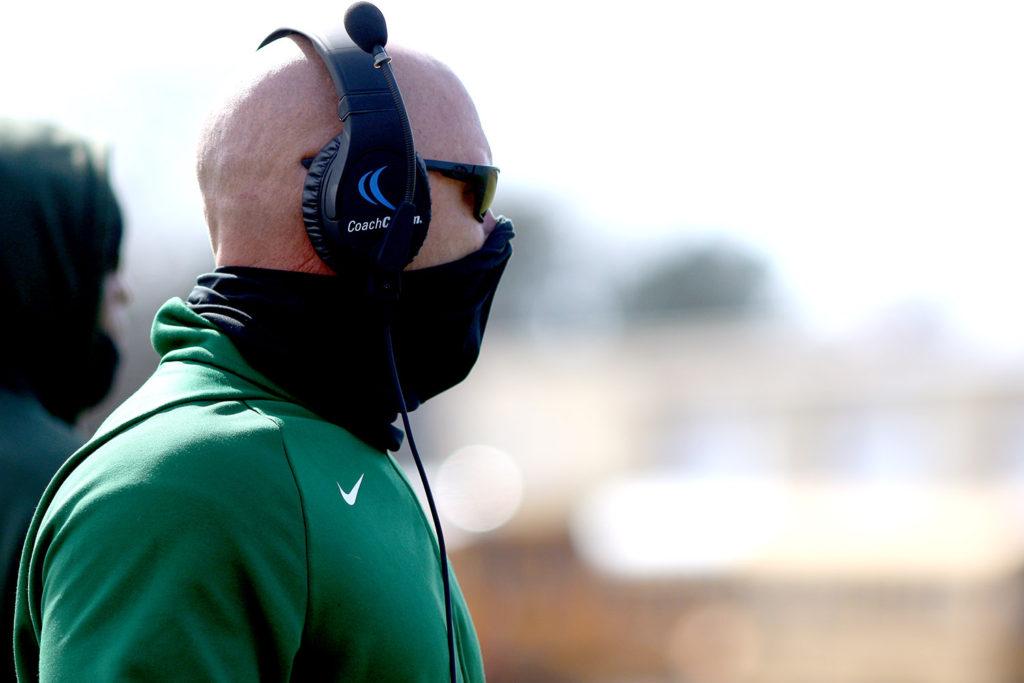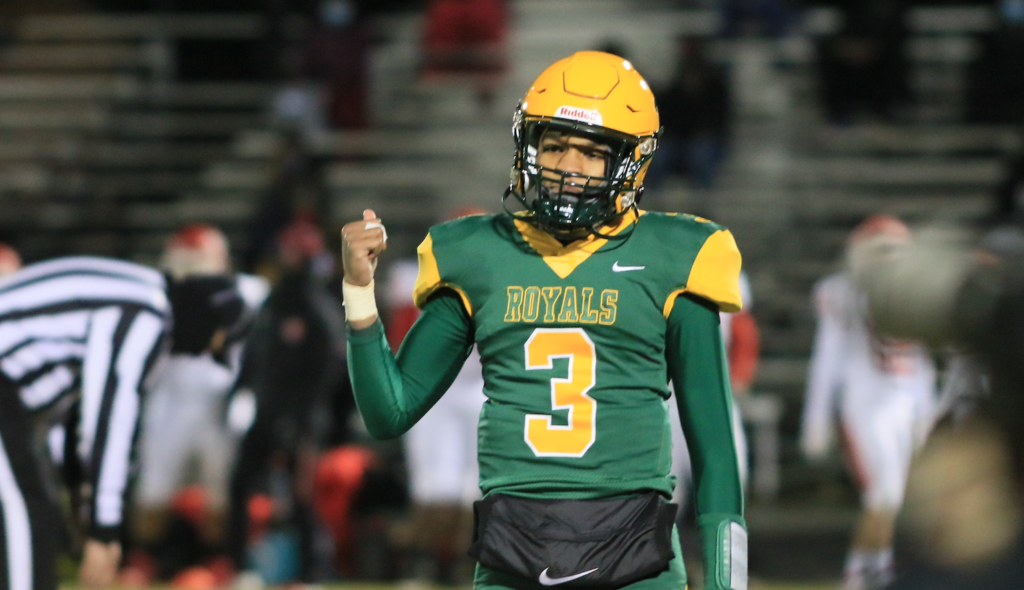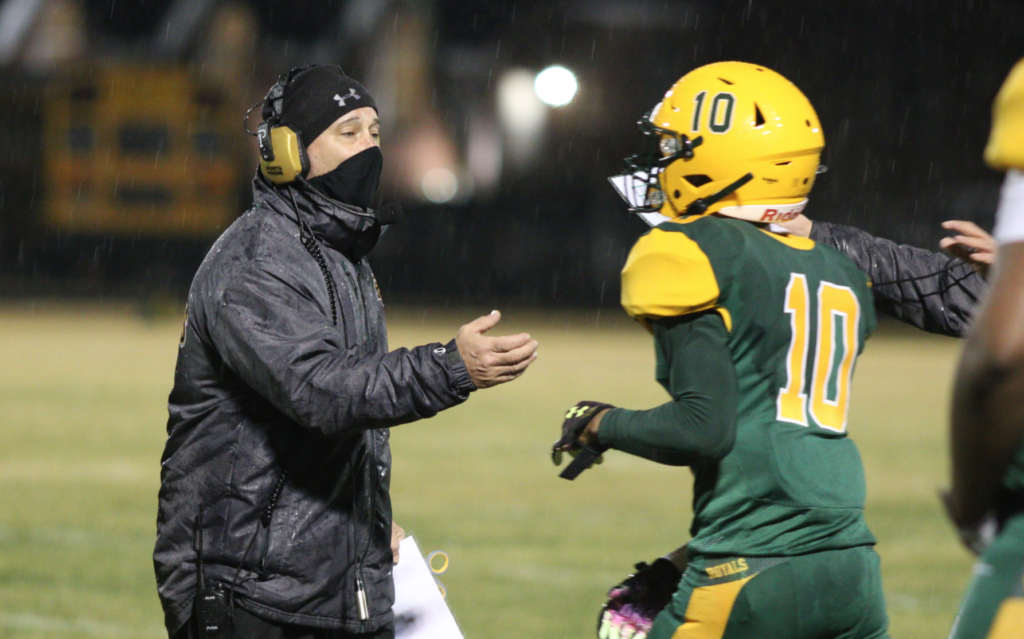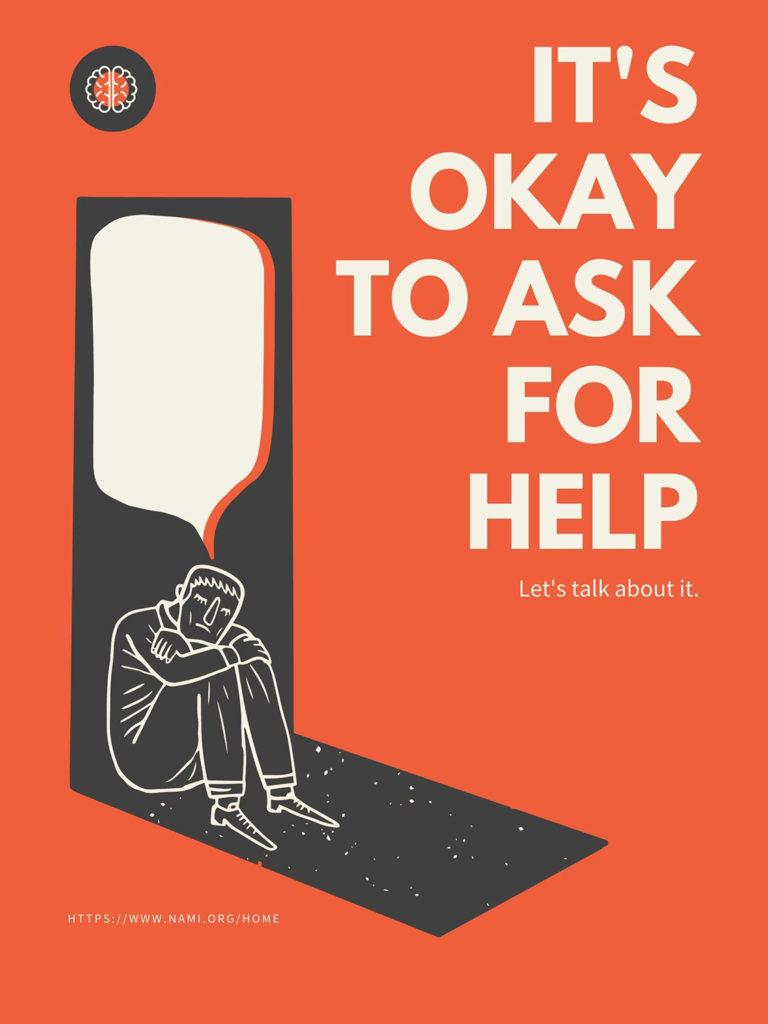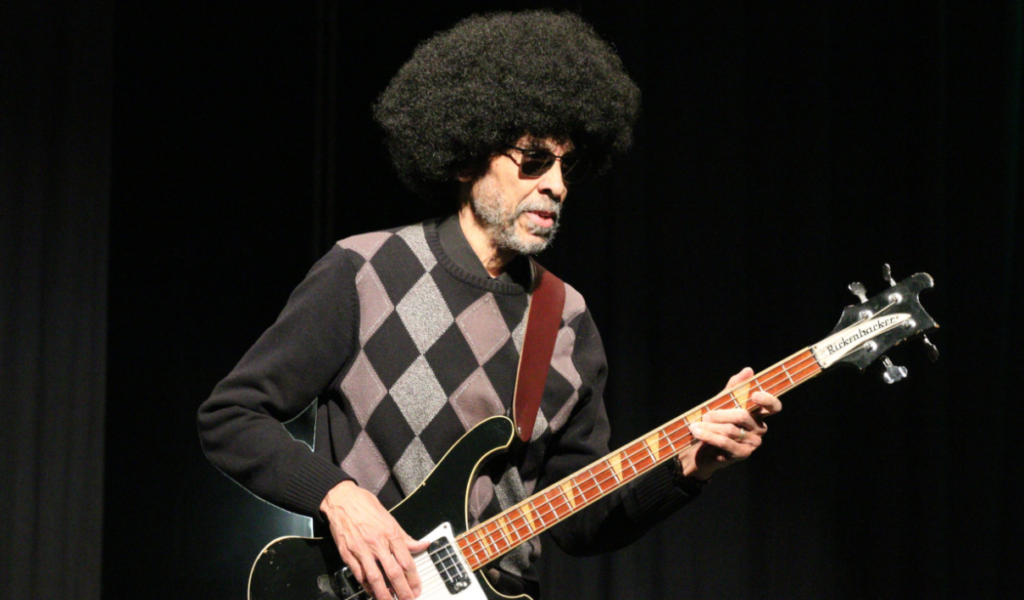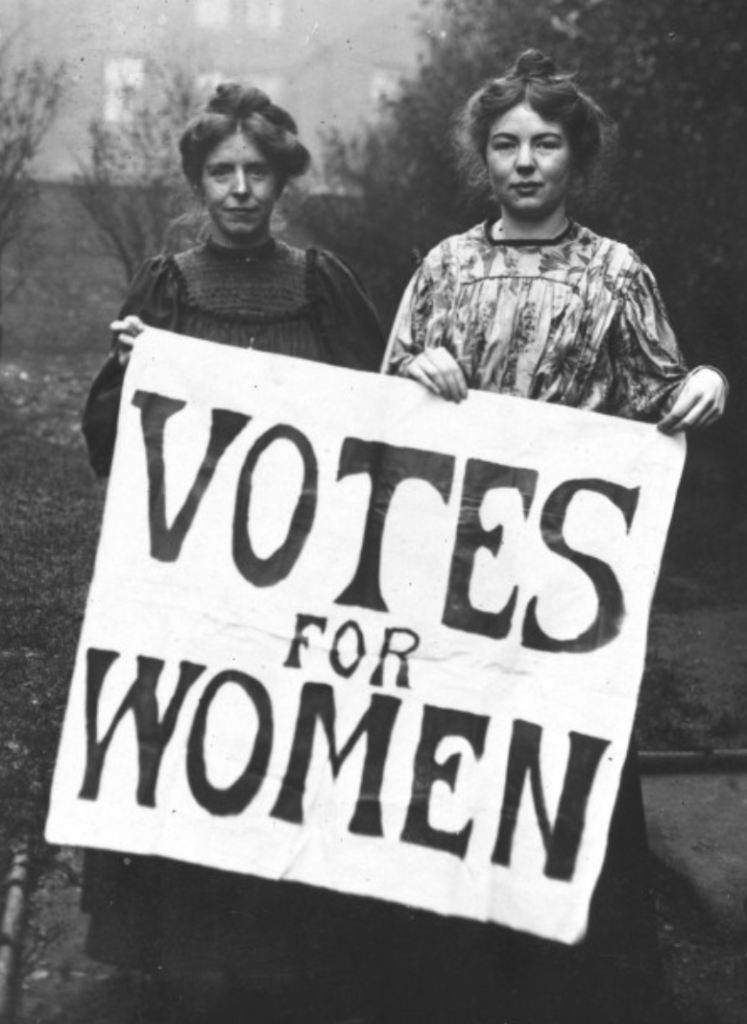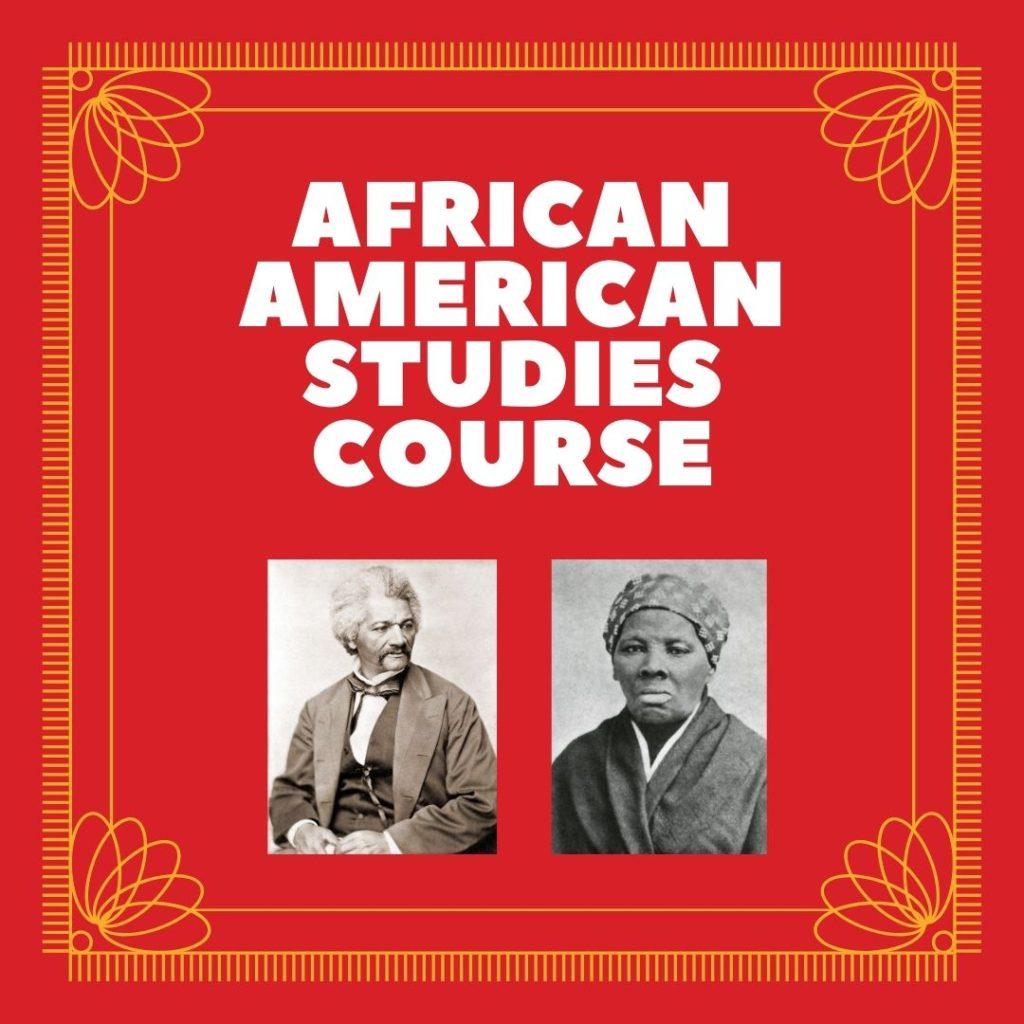By Taylor Anderson
Welcome back to America’s Next Top News Story! Today’s contestants are celebrity scandals, Donald Trump’s latest Twitter rant, and the controversies from Sunday’s football games. And the winner is…the news corporations! The losers…all the important news stories that go uncovered.
It’s certainly not a new idea that Americans are obsessed with entertainment. Whether it’s a television show, NFL football, YouTube, or the latest Hollywood blockbuster, we are constantly keeping track of our favorite celebrities. Stars like Colin Kaepernick dominate headlines, and it wouldn’t be a stretch to say that Americans care more about the royal family than the British do.
News sources are well aware of this, and take advantage of it when deciding what stories to publish. The 2016 election essentially turned into a reality television show, with news coverage focused on who was winning, and “contestants” getting eliminated in the primaries (especially the Republican primaries, which featured a whooping seventeen candidates). Donald Trump used his experience in reality television to his advantage. Despite most of the coverage towards him being negative, it gave him media exposure regardless, and the same media outlets who were condemning him were inadvertently helping his case.
This becomes a serious problem when the pseudo-news of the latest celebrity drama gains a wider audience than more serious news stories, or those that are positive. A perfect example is the lack of news stories about the impact of Hurricane Maria on Puerto Rico. At the same time that Puerto Ricans were facing major power outages and infrastructure damage, major news outlets were covering stories like the NFL national anthem controversy and Donald Trump’s infamous “Rocket Man” speech about North Korea.
Coverage has also been lackluster since the hurricane, and it may be a surprise to learn that as of Dec. 11 (almost three months since the hurricane hit), 64 people have died and thousands are still without power according to ABC news. This absence of coverage would be disappointing when talking about a foreign country, and even more so when the story involves U.S. citizens.
In the end, it’s important to remember that the media outlets are businesses and focused on making a pro t, so it makes sense that they would choose stories that will bring them the largest amount of readers. The question is, what important stories will get lost in the shuffle?

